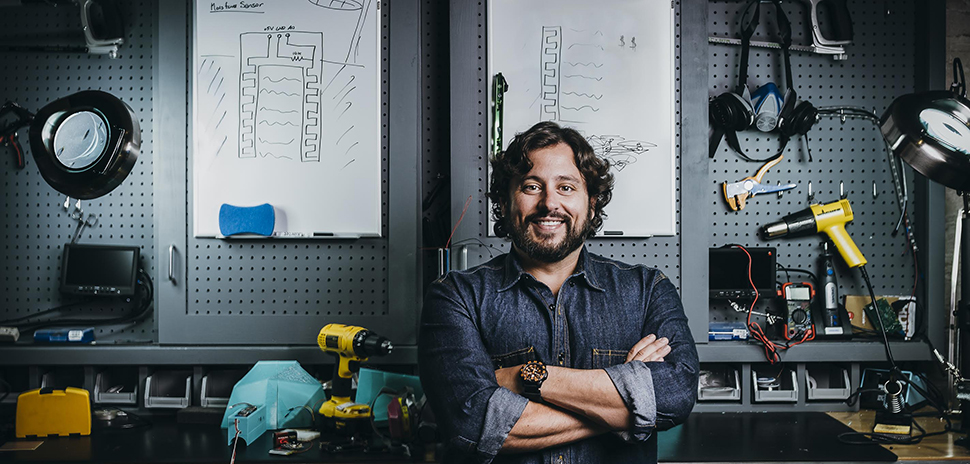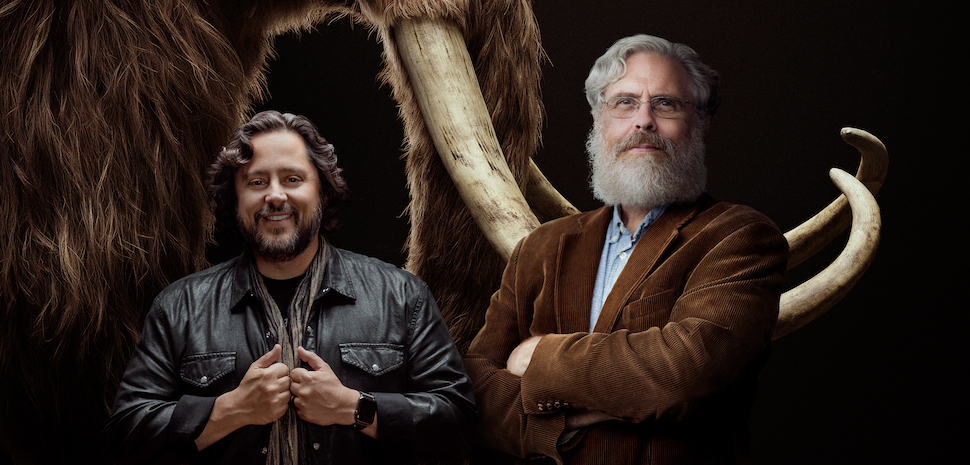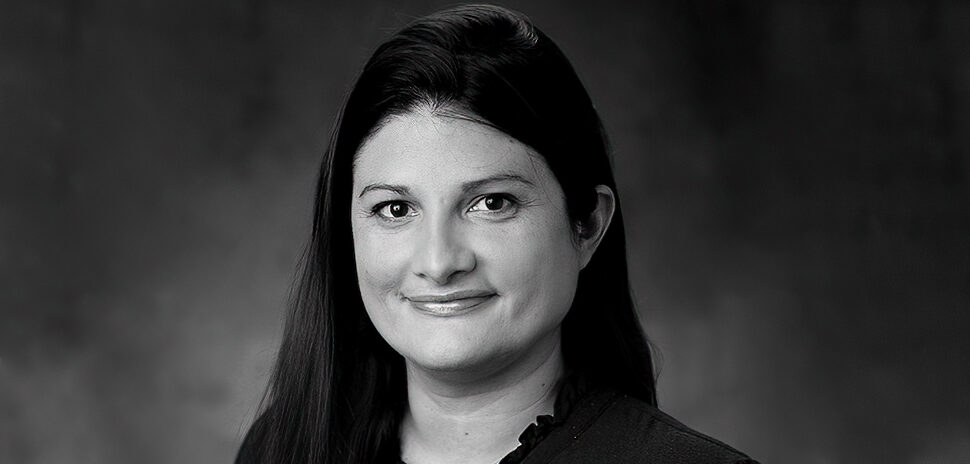Serial entrepreneur Ben Lamm is CEO and co-founder of Conversable, an enterprise conversation platform that utilizes bots to help companies deliver on-demand content, information, and ordering for customers through social media such as Facebook Messenger, Twitter, and other platforms.
Lamm has a history of success. He was co-founder of the highly-regarded Chaotic Moon Studios, which Accenture bought in 2015. Lamm also was co-founder and partner at the game developer Team Chaos, which was acquired by Zynga in 2016.
Lamm took time to tell Dallas Innovates about his ventures and how he became an entrepreneur.
Can you tell me a little bit about Conversable and how you came up with the concept?
Conversable is a company 25 years in the making. It’s actually the brainchild of my co-founder, Andrew Busey. Andrew has been thinking about messaging and chat for a long time — you might know that he started iChat, the first web-based chat system and one of the first instant-messaging services that invented chat with a customer service rep.
Andrew and I have been business partners for a long time, and honestly, I attribute a lot of my success to having such a great partner and great teams. We worked at Chaotic Moon together, and after I left Accenture we focused on Conversable based on his background in chat, and our realization that intelligent automated conversation was the next tech frontier.
I understand Conversable is the fourth company you’ve started; Does it get easier or more difficult to start a new company after you’ve already done it successfully several times?
To tell you the truth, I usually only remember the end of a company. They say that part of the reason you sleep is to forget the bad things, and even though you don’t sleep much when you’re starting a company, most of my “remember-whens” come from the end when things are going well and there’s a successful exit. I seem to always forget the first two years.
Does it get easier? Yes and no. Even though every time you start a company, you rediscover how hard and painful the process is, you definitely learn from your mistakes and have a stronger foundation. After you have started, scaled, and had companies with successful exits, your credibility and networks grow tremendously which helps to get brands to trust your new product or service. But you still have to go through all of the sleepless nights – develop a product vision and execute on that plan. It’s kind of like climbing 1000 stories of stairs. You generally know the path, you know where the broken steps are, but you still have to climb the stairs, and it’s always hard.
When did you realize that you were an entrepreneur?
I’ve always been an entrepreneur and I’ve always started companies. I’ve only had one corporate job in my life, at Accenture. There’s not really been one moment, it’s just what I’ve always done.
“When” is a hard question, but I can tell you the “why.” I’ve never wanted to be a cog in someone else’s wheel, especially when I’ve always known I can beat them at their own game. It’s a competitive drive, and I know that if you have the right partners, right team, the right vision, and the right product for the market, then you can win. And if you don’t, you’ll figure out how to adjust so you do.
When there’s red tape, progress is slow. As an entrepreneur, you get to see the direct results of your actions which I thrive on.
What is the most challenging part of being an entrepreneur?
You’re always on. I don’t mean work-wise, though that’s true too, but more so emotionally. A lot of people work hard, but as an entrepreneur, you have this kind of unquenchable fire. I believe that true serial entrepreneurs are never satisfied. And with that, comes a lot of sacrifice. The more deals, success, failures – the biggest challenge is that it consumes other facets of your life. I know it’s been said before, but being an entrepreneur is not a job, it’s a lifestyle. There’s no “knowing when you’re done,” because you never are.
How long did it take you to go from the initial concept to selling your first company?
Most of the companies I have started or been involved in starting have sold in three-to-five years.
Someone once asked me what my special skill was in business, and I answered that it’s a subset of time travel and really compressing time. In order to take advantage of a market opportunity, you should try to reach some level of critical mass in the first year. The average company takes three years or more to nail down vision, product, and start growing. I try to have the right partners and team that can do it in year one. I am incredibly lucky to have had the various partners and employees I have had over the years.
What do you think the key (or keys) to your success has been?
Being insatiable and never satisfied are probably my keys to success. More is more and honestly, at the end of the day, I’ve never said, “I feel 100 percent satisfied with where the company stands right now.”
I also think that’s why Andrew and I work so well together. He is brilliant when it comes to creating new products — and he is never satisfied and constantly pushing the envelope on product design and vision. The world we live in today doesn’t allow us to be static, there’s always some new idea, some new market, some new opportunity. There’s always room to grow, and you have to have the desire to fill that room, whatever it takes.
Do you think anyone can be a successful entrepreneur or does it take a certain personality?
No. I believe that entrepreneurs are born, not made.
I also don’t think you can want to be an entrepreneur – you can want to be a small business owner, but being a serial entrepreneur is an entirely different ball game. It’s innate. If I had all of the successful entrepreneurs I knew in a room, the three common traits would be a desire to see the direct outcome of their efforts, a desire to build things, and an insatiable need to win.
Is there anything else you think our readers would like to know that I didn’t ask you above?
In some sense, being an entrepreneur is all about warping your timeline. I think there’s truly something to having a sixth-sense for everybody’s timelines – the market, team, investors, customers – you need to know where the sweet spot in order to be opportunistic. If I had one piece of advice, it would be to know your timeline like the back of your hand. I don’t mean deadlines or even knowing all of your next steps. But it does mean you need to know your window of opportunity. Don’t be late.
Delivering what’s new and next in Dallas-Fort Worth innovation, every day. Get the Dallas Innovates e-newsletter.






























